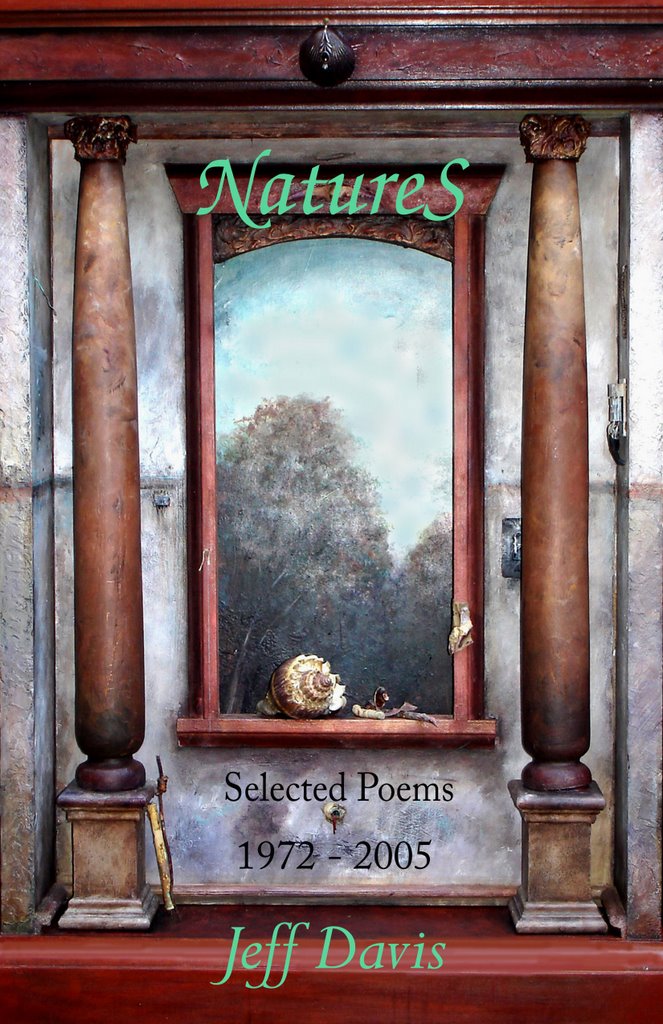Columbus the Cannibal

Columbus spread far and wide the self-justifying lie that the Taino people whom he encountered on landfall in the New World were cannibals. Turns out he was the real cannibal, a devourer of whole peoples. An article by Thom Hartmann over at Common Dreams reminds us that Columbus was not such a nice guy. He also mentions the later history of colonization in North American, including the first of the "Indian Wars" in what's now the US:
In the United States, the first "Indian war" in New England was the "Pequot War of 1636," in which colonists surrounded the largest of the Pequot villages, set it afire as the sun began to rise, and then performed their duty: they shot everybody-men, women, children, and the elderly-who tried to escape. As Puritan colonist William Bradford described the scene: "It was a fearful sight to see them thus frying in the fire and the streams of blood quenching the same, and horrible was the stink and scent thereof; but the victory seemed a sweet sacrifice, and they [the colonists] gave praise therof to God, who had wrought so wonderfully..."
The Narragansetts, up to that point "friends" of the colonists, were so shocked by this example of European-style warfare that they refused further alliances with the whites. Captain John Underhill ridiculed the Narragansetts for their unwillingness to engage in genocide, saying Narragansett wars with other tribes were "more for pastime, than to conquer and subdue enemies."
Four hundred to seven hundred (no one made a body count) men, women and children were in the Pequot fort; after thirty minutes of fire, only five excaped; the rest were dead, killed by the fire, the Puritans, or the Narragansett mercenaries behind them. Their bodies were on the ground "so thick, in some places, that you could hardly pass along." "Thus," John Mason wrote, "did the LORD judge among the Heathen, filling the place with dead Bodies."
The Treaty of Hartford, negotiated with the few living Pequot sachems in September of 1638, formally, ritually completed the extermination of the Pequots by making it illegal for the survivors to be Pequots - they should "no more be called Pequots but Narragansetts and Mohigans." The Narragansetts and Mohigans agreed to pay tribute to the colonists for their captives, an agreement that soon caused them much sorrow. Much of the Pequots' old land was given to veterans of the war against them; the Pequot River was re-named the Thames, and near the site of the Pequot village burned by Mason, the town of New London was founded.
The Narragansetts, the Wampanoags, and others were "barbikewed" by the Puritans, one by one, killed, the survivors sold into slavery, in "King Philip's War" of 1675-76. Native religions were made illegal, most survivors were assigned housed in towns and were closely observed, thier activities supervised. Imprisoned in their special residences, they were almost forgotten when William T. Williams noted some of their conditions to the Massachusetts Historical Society. In his letters of 1832, accompanying the manuscript of Gardiner's history of the Pequot war, he reported:
There is a remnant of the Pequots still existing. They live in the town of Groton, and amount to about forty souls, in all... They have about eleven hundred acres of poor land reserved to them in Groton, on which they live.
Among the others whose situations he knew were the Narragansetts:
The Indians formerly called Ninegrate's men, seem now to be called the Narragansetts, and live principally in Charleston, Rhode Island. There are perhaps eighty or more; though I am not so well informed concerning them, as of the Pequots.
In a generation they had been torn out of the rich geographies of forest trails and clan-based villages, out of supportive tribal economies, and isolated in box houses in Puritan towns; so complete, so wasting, was the colonial victory.
For North America's native peoples, it was only the beginning of a long, horrific encounter.
Something to remember as we approach October 12th, the traditional Columbus Day.
~~~~~~~~~~~~~~~~~~~~~~~~~~~~~~~~~~In 1971, while I was a graduate student at the State University of New York at Buffalo, I wrote an article published as "The Pequot War Retold" for Red Buffalo, a journal published by the Program in American Studies; I've drawn on that article in this post.

0 Comments:
Post a Comment
<< Home